
Joseph Daher, Syria After the Uprisings: The Political Economy of State Resilience. Chicago: Haymarket Books, 2019.
The Swiss-Syrian Marxist academic Joseph Daher’s sweeping study, Syria After the Uprisings, represents an important contribution to our political and historical understanding of Syria’s Revolution. . . .
Read more ›

I’ll begin by telling you a story. In August 1940, when the Luftwaffe was crushing London with its bombs, British bourgeois politicians were very reluctant to open the subway system so that people could take refuge there. It took the . . .
Read more ›

We need to change the dominant discourse from one focused on fear of “the other” to one that challenges the capitalist system’s failure to put humanity and nature at the center of our concerns. There are structural reasons that prevent capitalism from prioritizing public health.
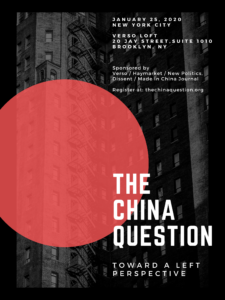
The China Question will hopefully provide the impetus for a more confident response on the left to the challenge of what looms as a new Cold War. In wider progressive circles, of course, knowledge of China and consciousness of the strategic questions discussed here is mixed. In many ways, the debate is only just beginning.
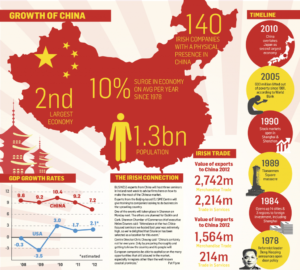
For much of the left, since the 1980s, neoliberalism has been an all-encompassing term to identify the character of contemporary capitalism. Neoliberalism has been defined as the privatization of public property and services, deregulation, free market trade and globalization.
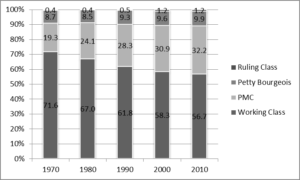
In a recent New Politics essay David Camfield argues that the “PMC” (shorthand for “professional-managerial class”) does not exist and that belief in it hinders socialist organizing. He presents a simplified, partly inaccurate version of the concept and rehearses an . . .
Read more ›

Brazil dominates Latin America’s economy. And although the coup in Bolivia, uprisings in Chile, Ecuador, and Columbia, Trump’s threats against Iran, Australian megafires, mass strikes in India and France, anti-government protests in Lebanon, and the British elections have pushed Brazil . . .
Read more ›
review
From a Management Scholar

Various books have been published in the last few years that make a case for a transition to socialism. This one has a special “edge”: it’s written by the Harold Quinton chair of business policy, and professor of . . .
Read more ›

Replying to Cedric Johnson: I think Johnson over-diagnoses the problem. Where he sees danger, I see opportunity and where I see opportunity, he sees danger.
Settler-colonialism, Capitalism and Marxism on Turtle Island
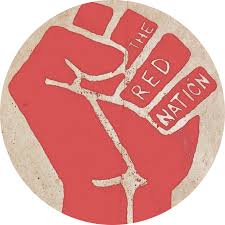
The politics of solidarity on display during the fight against the Dakota Access Pipeline have raised the issue of Indigenous liberation more and more sharply to people on the left.
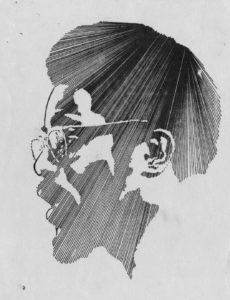
The posthumous publication of Walter Rodney’s book on the historiography of the Russian Revolution is a remarkable accomplishment of historical retrieval, and it provides us with an opportunity to look more deeply into Rodney’s relationship to Marxism, Soviet . . .
Read more ›

The summer of 2019 will go down as a major moment in Puerto Rico’s history. Between July 10 and 25, street protests—unprecedented in their intensity, persistence, diversity, and size—led to an unprecedented result: The Island’s highest government official . . .
Read more ›

As the water rose
to occupy Wall Street,
ten thousand helicopters
flew massed dollars out
lest all that cabbage salt to slaw
and the balance of payments
blow out to sea.
Read more ›
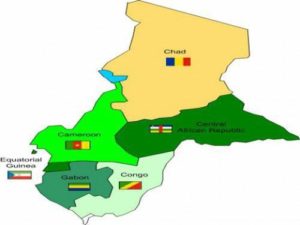
Word War Two as the death-knell for colonial empires is a well-trodden and essentially erroneous narrative. Empires’ relationships with their colonies were uprooted, modified and given the gloss of ‘independence’ but retained injustice and exploitation at their core. In Central . . .
Read more ›

Franck Gaudichaud is a specialist of contemporary Chile, president of the association France Amerique Latine and member of the editorial board of Contretemps. He is a political scientist and teaches Latin American history at the University of Toulouse Jean Jaurès, France. Here he develops several hypothesis bout Chile and the development of the current mobilization which has been ongoing since mid-October.
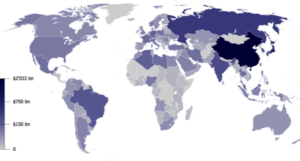
Trade and currency wars, financial volatility and economic turbulence are now the most important features of the world economy.
The elements of a new international financial crisis are in place. Although we do not know when it will break out, it . . .
Read more ›
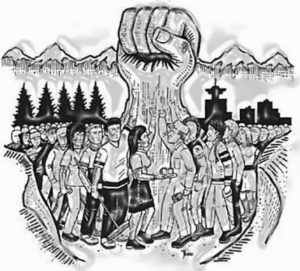
Facebook Livestream Dialogue between Chinese, Algerian, Sudanese, Iranian, Venezuelan and U.S. Labor Activists on International Labor Solidarity.
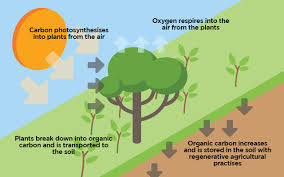
As the Global Climate Strike date (Sept. 20) approaches, the question that will be on the minds of millions will be: “Is there a possible way to avoid a disaster that could threaten the existence of life on earth?” Michael . . .
Read more ›
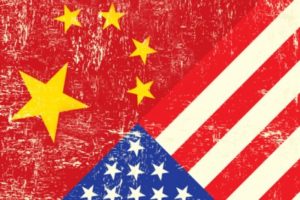
Editors’ note: This is the first of three articles providing analysis of what’s happening now in China – and why.
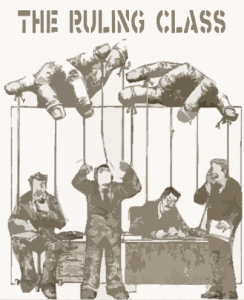
Throughout the mid-20th century, discussions and theoretical debates concerning the nature of the capitalist state persisted within Marxist circles. Some names are tightly connected with these events, including Ralph Miliband, Nicos Poulantzas, and Fred Block. In the end, it appeared that . . .
Read more ›

One of the most important issues of our time is the intensifying rivalry between the imperialist Great Powers: the United States, China, the EU, Russia, and Japan. Diplomatic rows, sanctions, trade wars, military tensions, and, ultimately, major wars now loom . . .
Read more ›




















